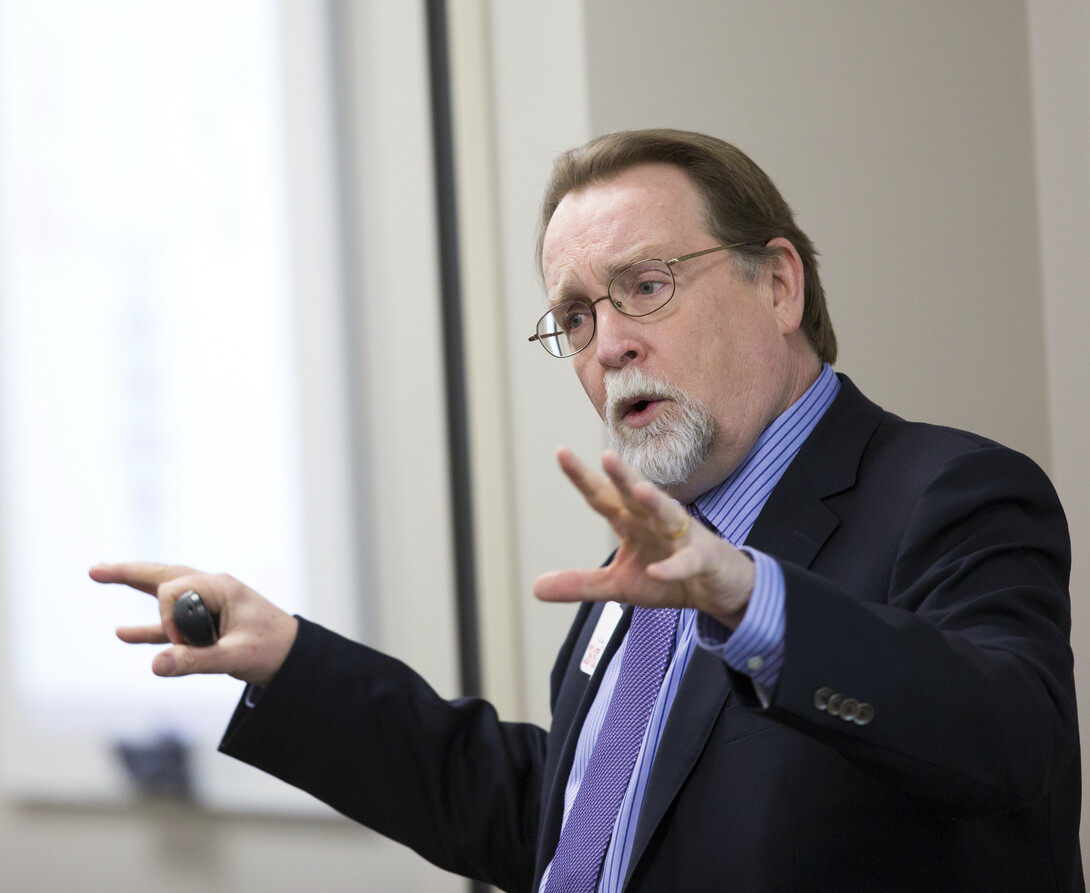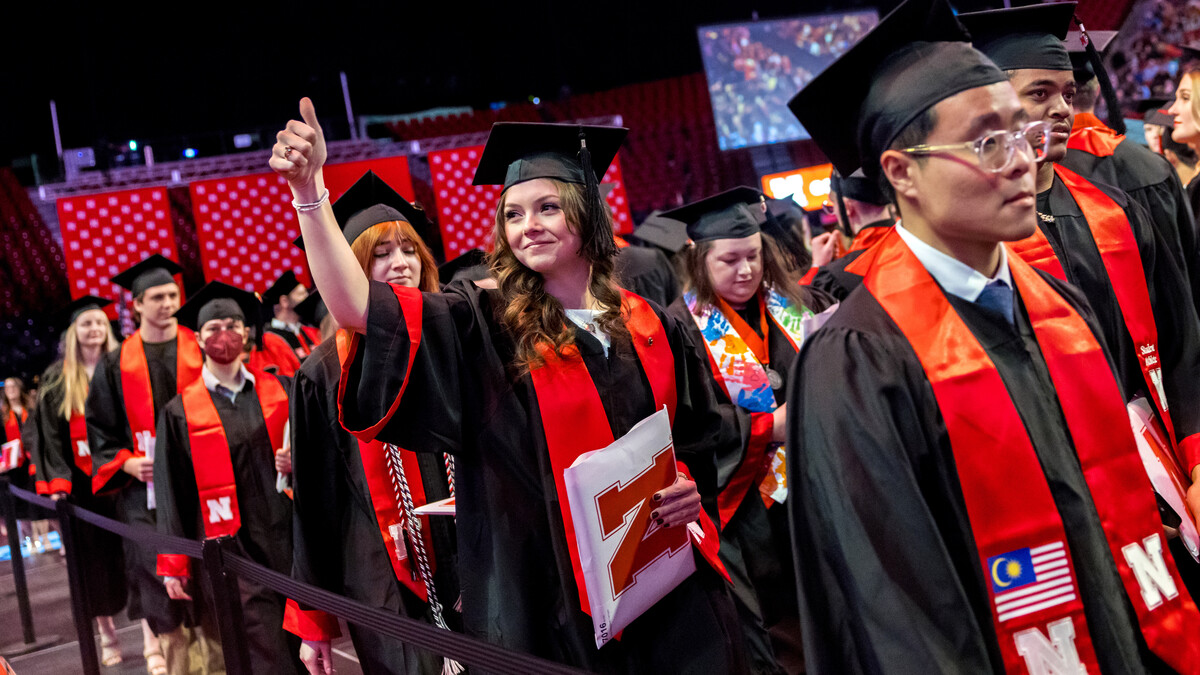
Connecting social and behavioral science faculty campuswide to strengthen the University of Nebraska-Lincoln’s research is the aim of the new Social and Behavioral Sciences Research Consortium.
The new consortium will coordinate efforts to enhance research capacity. Dan Hoyt, professor of sociology, is the consortium’s first director. The consortium is housed in the Whittier Research Center.
Growing UNL’s social and behavioral research is the consortium’s ultimate mission, and collaboration is the key to its success. To accomplish its mission, SBSRC will identify existing resources campuswide, build a strong research and referral network, facilitate and support collaborations, provide seed funding, identify new opportunities for collaboration, coordinate external funding opportunities and provide mentoring for new faculty. SBSRC will work closely with social and behavioral science researchers, initiatives and centers, such as the new regional Central Plains Research Data Center, Hoyt said.
“Bottom line, the measure of our success will be increased research funding and greater capacity in social and behavioral sciences at our university,” he added.
The goals are ambitious but achievable, Hoyt said.
“We already have assets,” he said. “We have a lot of talented people on campus engaged in social science research. We need more efficient ways to connect them so they can collaborate with each other.”
The first step is identifying UNL’s social science assets. The consortium’s main goal in the coming months is to develop a comprehensive inventory of who is doing social sciences research, what they’re studying, who they’re working with and what they’re interested in.
“We can’t really effectively make referrals until we know. We’re taking a network science approach to figure out who’s doing what and where capacity is,” he said. The consortium will create a database of this information and also create a network map that shows existing linkages. “We’ll identify existing (collaboration) clusters and work out from there.”
To gather information and make connections, Hoyt will visit with deans and department chairs this summer. He expects to start meeting with faculty in the fall.
Meanwhile, the consortium is already exploring opportunities. It recently issued its first minority health disparities-related request for proposals, which are due May 22. Information is on the NUgrant Internal Competitions page. Click Add New Application, then select SBSRC Minority-Related Grants from the dropdown menu.
The consortium’s executive council, which provides advice on direction and broad oversight, is made up of deans Archie Clutter, Agricultural Research Division; Joe Francisco, College of Arts and Sciences; Donde Plowman, College of Business Administration; Marjorie Kostelnik, College of Education and Human Sciences; Chuck Hibbard, UNL Extension; and Prem Paul, vice chancellor for research and economic development. Hoyt expects a faculty advisory committee to be identified by fall.
The consortium is the product of the faculty-led Social and Behavioral Sciences Research Initiative, launched in 2012 by the Office of Research and Economic Development to explore ways to bolster research in this area. Hoyt said the report by the initiative’s faculty task force is the blueprint for the consortium’s mission and plans.
Chancellor Harvey Perlman said the consortium is an excellent example of faculty leadership. “I’m proud of our faculty for creating this initiative from the ground up.”
Task force members, recognized at an April luncheon announcing the consortium, were:
Co-leaders: John Anderson, economics; David Hansen, psychology; and Kim Tyler, sociology.
Members: Rafael De Ayala, educational psychology; Rick Bevins, psychology; Peter Calow, Office of Research and Economic Development; Carolyn Edwards, psychology and child, youth and family studies; Helen Raikes, child, youth and family studies; Kevin Smith, political science; and Larry Van Tassell, agricultural economics.
Former research associate vice chancellors who assisted: Deb Hamernik, associate dean, Agricultural Research Division; and Regina Werum, professor, sociology.







